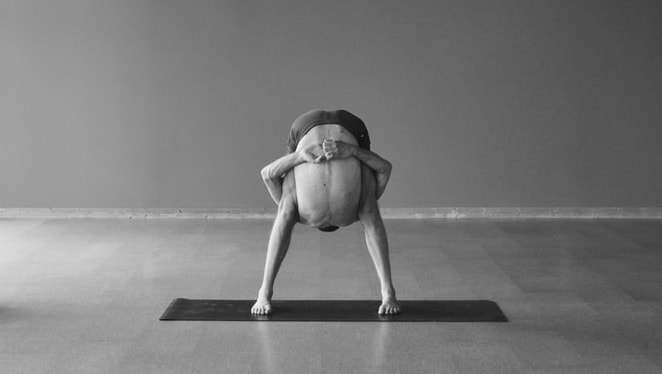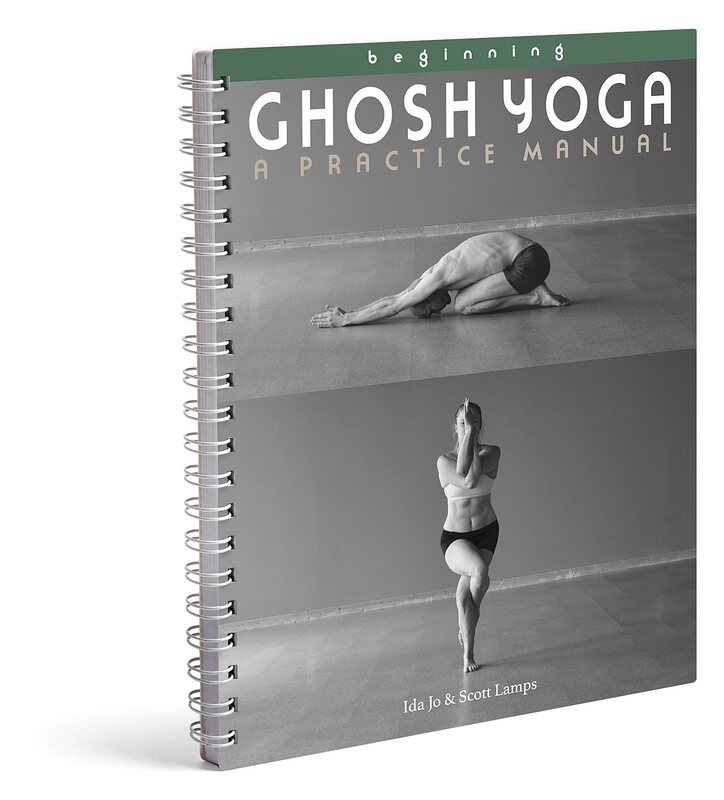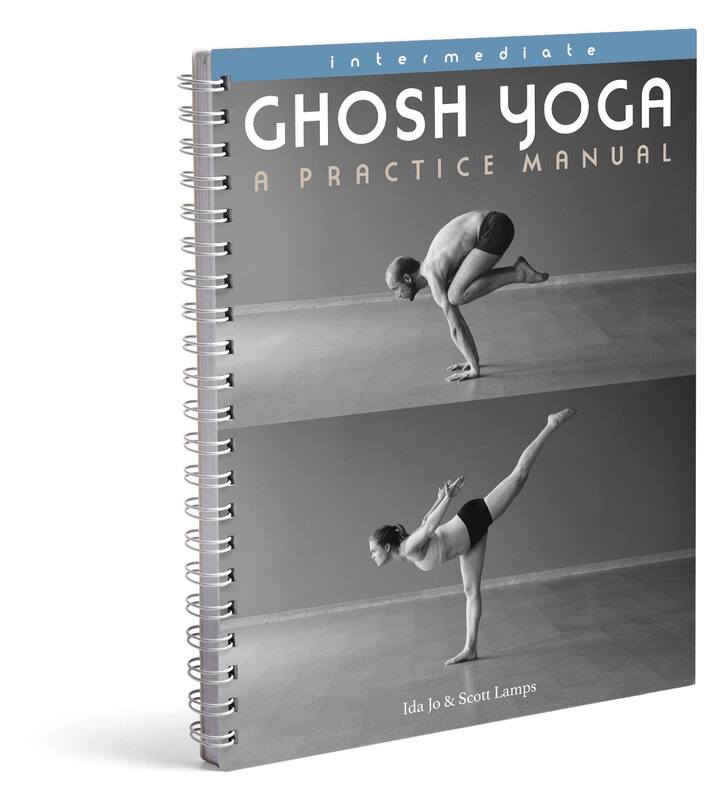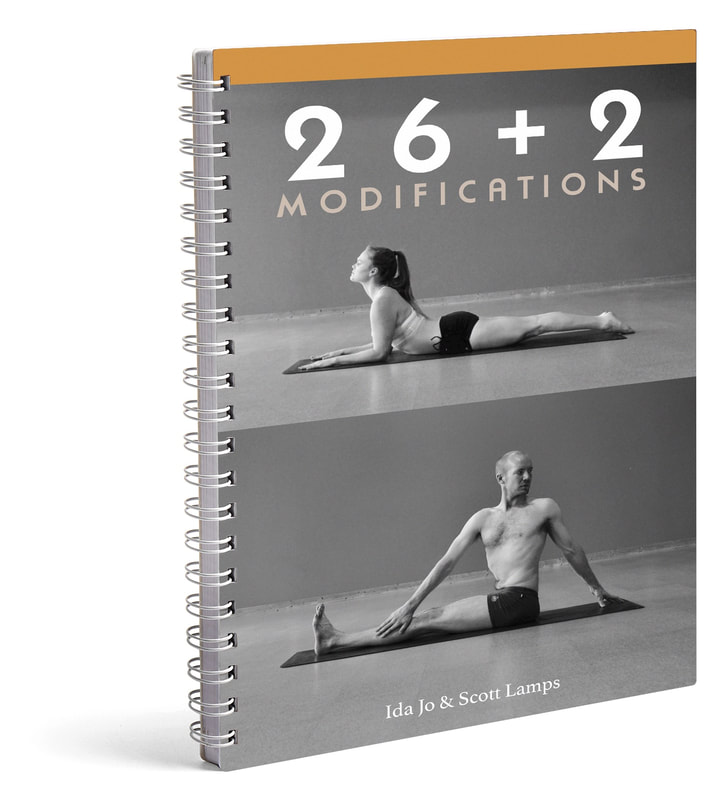|
All of us have been taught incorrect information at one point or another.
Sometimes it is because new knowledge has come to light since we learned it, either through scientific progress, new historical research or some other method. It is common for knowledge to become outdated. Sometimes it is because we or our teachers have made false assumptions to fill in gaps in knowledge. Believe it or not, there isn't verifiable information about every aspect of every discipline, so a certain amount of deduction and inference has to occur. Sometimes these turn out to be wrong. Sometimes our teachers mislead us about the breadth of their knowledge, filling in gaps with plausible information, distraction or personality. An example: I was recently reading a notebook from a class I took a few years ago. I had written that one should not drink water while eating, as it dilutes the digestive acid in the stomach. A few days ago, I asked a friend of mine who is a doctor if she knew whether this is true. She said she thought it unlikely that drinking water is detrimental to digestion, but she wasn't sure. So I looked it up. Mayo Clinic, one of the foremost institutions of medicine and research, says that drinking water while eating does not dilute the digestive juices. It actually has a positive overall impact on digestion and elimination. HOW TO DEAL It is still written there in my notebook: "don't drink water while eating." Do I write "untrue" next to it, or cross it out? Do I fact-check everything in the notebook? Do I disregard everything I learned from this teacher? Any system is made of hundreds of separate (but related) pieces of information. One or several of the pieces of info can be wrong without necessarily making other information worthless. And the system may hold up as a whole even if some of its foundational information is incorrect. It serves us, our students and any system to have as much correct information as possible. For the most part, realizing that we have been wrong about something has a wonderful upside: we know something correct now! Our knowledge has expanded! It gets complicated if we feel tied to a system as it was passed down to us. Sometimes we are tempted to avoid any information that changes the system or contradicts it in any way. The same is true if we feel tied to a teacher or his or her inherent personality or value. It can seem that any instance of misinformation, ignorance or outdatedness nullifies the teacher's validity on the whole. Allowing our knowledge to change is complicated. It requires a reassessment of what we know and believe. As new knowledge comes to light, it is of vital importance that we accept it, and not deny it for the sake of tradition or personality.
2 Comments
Anna Hunter
10/20/2017 05:48:41 am
I wholeheartedly agree with this article. For so many years I held on to some information that did not serve. Since then, I sought out other teachers and ways to improve my own practice, to teach from experience rather than dogma. What works for one body does not necessarily work for all. Keeping that in mind, I can see more clearly when observing a class.
Reply
Leave a Reply. |
AUTHORSScott & Ida are Yoga Acharyas (Masters of Yoga). They are scholars as well as practitioners of yogic postures, breath control and meditation. They are the head teachers of Ghosh Yoga.
POPULAR- The 113 Postures of Ghosh Yoga
- Make the Hamstrings Strong, Not Long - Understanding Chair Posture - Lock the Knee History - It Doesn't Matter If Your Head Is On Your Knee - Bow Pose (Dhanurasana) - 5 Reasons To Backbend - Origins of Standing Bow - The Traditional Yoga In Bikram's Class - What About the Women?! - Through Bishnu's Eyes - Why Teaching Is Not a Personal Practice Categories
All
Archives
May 2024
|







 RSS Feed
RSS Feed